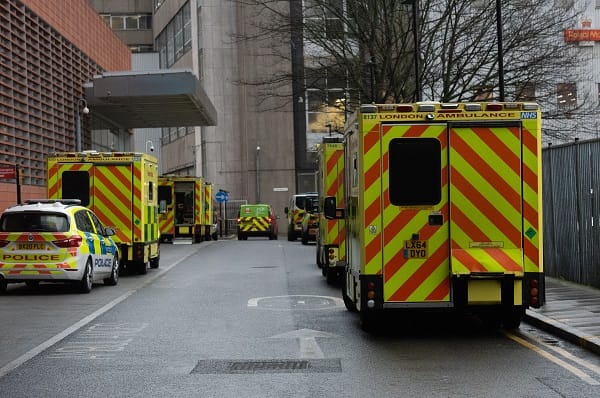Ambulance Service Trusts across the UK lost the equivalent of 1.2 million working days to staff absences between April 2021 – March 2022, costing them £239 million.
That’s according to NHS Digital data, analysed by wellbeing and performance experts GoodShape.
The data shines a light on the extra pressures being placed on ambulance workers, in the midst of concerns around service delivery and industrial action. Compiled from twelve Ambulance Service Trusts across England, Scotland, and Wales, the absences equate to the loss of 5,281 full-time staff throughout the year. Across the Trusts, £48 million was spent on agency costs to replace ill workers.
Ambulance Services also represented the ten lowest-scoring Trusts across the ‘People Promise’ elements of NHS England’s latest Staff Survey (2021).
The survey, which charts levels of staff engagement and morale, saw an average score of just 5.4 out of 10 recorded across England’s ten Ambulance Service Trusts*. Among the statements against which employees rated their agreement levels were: ‘We are recognised and rewarded’, ‘We each have a voice that counts’, and ‘We are safe and healthy’.
Alun Baker, CEO GoodShape said, “Our conversations with Ambulance Trust leaders suggest money isn’t the only motivation behind industrial action.
“Healthcare staff bore the brunt of the pandemic and the cost-of-living crisis is taking its toll. Ongoing pressures on ambulance services, compounded by inconsistent staffing patterns and agency replacements are squeezing staff hard, and this is being reflected in wellbeing issues and absence rates.
“NHS leaders need to dig deep and thoroughly review the working conditions of these teams to provide long-term, sustainable solutions – not just offer knee-jerk responses to the crisis in hand.”






Leave a Comment